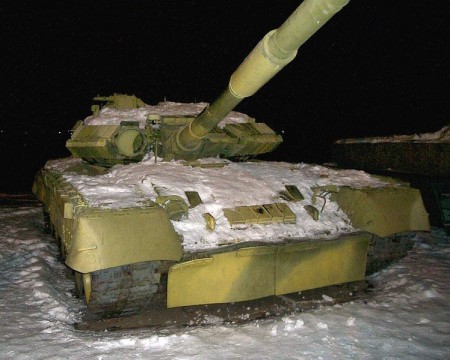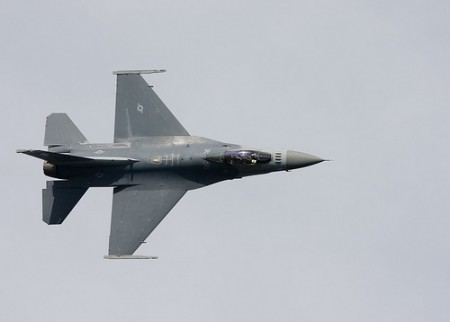
Russia’s tanks have enjoyed a glorious reputation since the end of World War II, securing buyers and admirers all around the world. How they are safeguarded and where they are found can, however, still be surprising and downright frightening.
Close to the city of Yekaterinburg in the Urals villagers found dozens of abandoned tanks, identified as a mixture of T-80 and T-72 main battle tanks “parked” next to railway tracks. Reports differ on the number of tanks, with estimates ranging between 100 and 200 vehicles. They have been sitting there for almost four months covered in snow, reports add.
The video footage available (1 and 2) shows that at least some of the vehicles were unlocked, open for everyone to take a personal tour. Apparently the only items missing were live rounds and the keys to the tanks’ ignitions. But maybe they were just under another snow heap?
A military spokesperson was quick to point out that special patrols were guarding the tanks, which were being dispatched to a military base.
In the meantime the army has embarked on a hasty operation to relocate the tanks.
This incident comes just days after top military commanders stated that Russia doesn’t need half of its 20,000 tanks.
Could you park one of them close to my train station, please?


